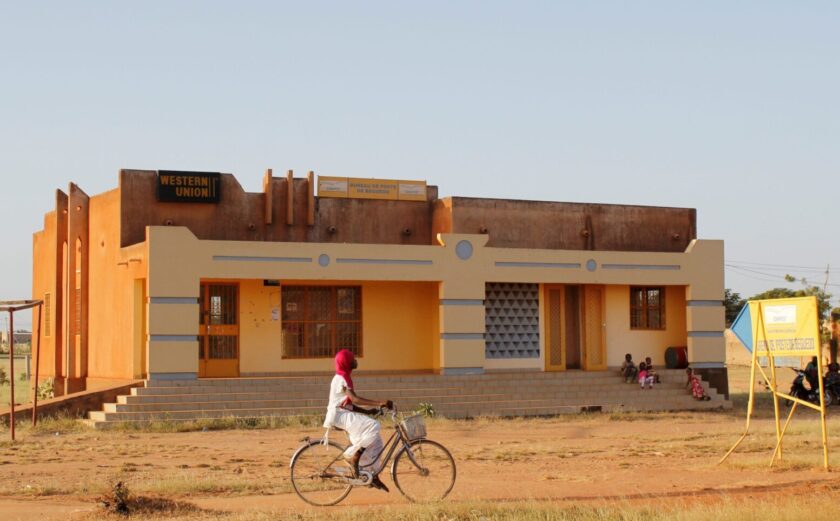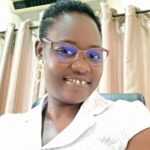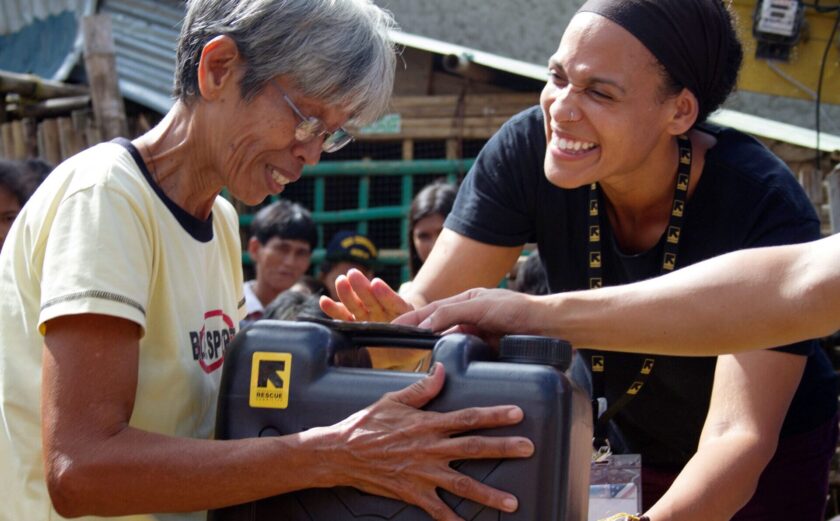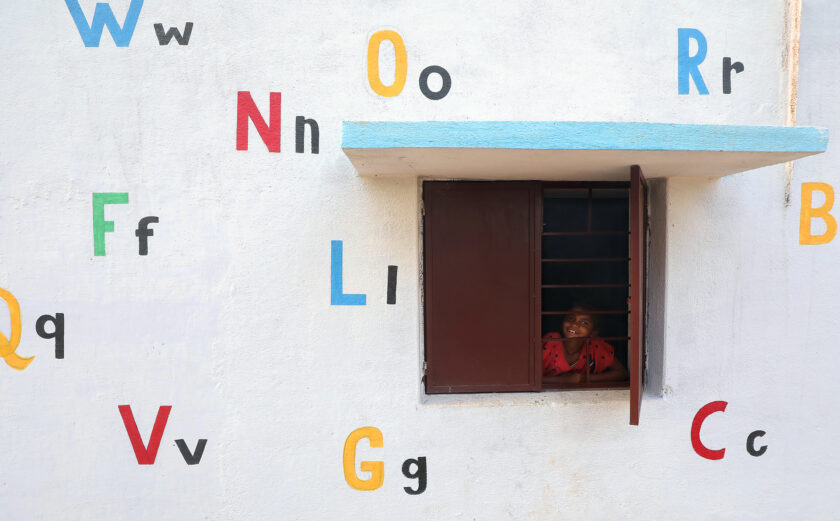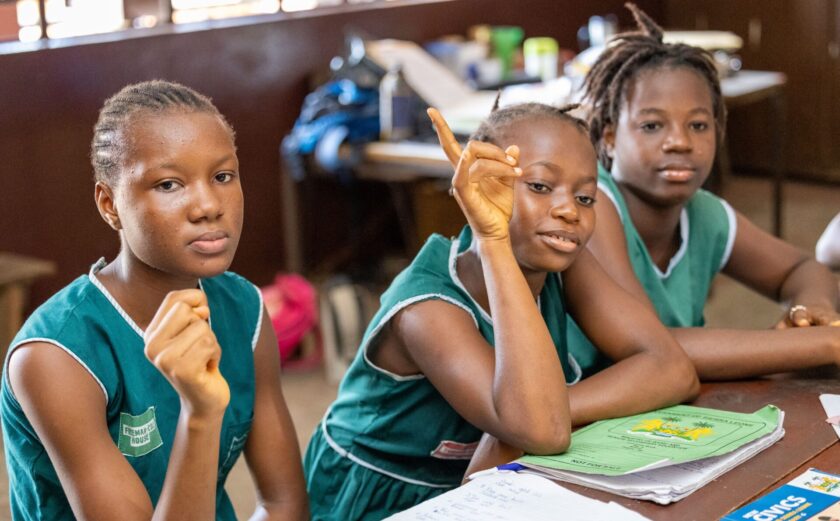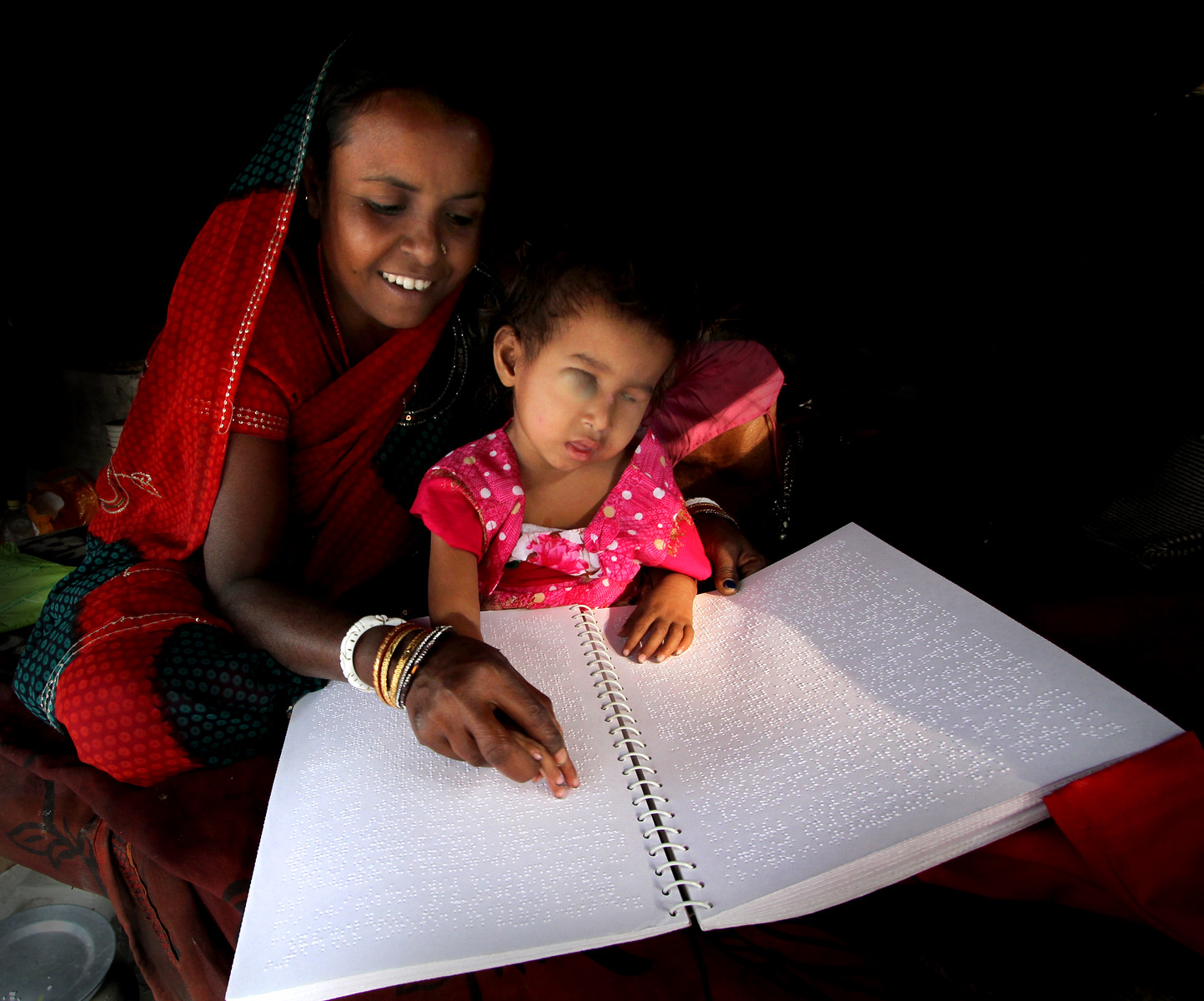
Centering Disability Inclusion in Our Work
Highlighting InterAction Member NGOs
While the NGO sector can certainly do more to advocate for and represent people with disabilities, there are some organizations that are putting these voices at the center of their work.
In honor of Disability Pride Month, we’ve chosen to highlight three InterAction Members for their dedication to disability inclusion in advocacy: Humanity and Inclusion (H.I.), Mobility International USA (MIUSA), and FHI 360.
Humanity and Inclusion (H.I.)
Humanity and Inclusion (H.I.) works alongside local leaders to develop health, rehabilitation, economic, and social programs to protect people with disabilities in the wake of civic and natural disasters. Their remarkable aid portfolio features hundreds of projects in 60 countries.
Every case study is unique because each team must develop a context-specific approach. For example, the 140 national H.I. staff members in Iraq have multiple workstreams, like responding to Syrian refugee crisis-related emergencies, clearing landmines, risk education, and supporting local organizations that aid people with disabilities.
H.I. teams know that people with disabilities are disproportionately exposed to poverty and deprived of resources while being excluded from other essentialized roles in society. This is why they developed a multi-faceted outlook that focuses on the inclusion of people with disabilities in the economy, as well as accessibility, education, governance, disaster relief efforts, and overall social interaction.
While putting this inclusive action at the center of their work, H.I. has also provided extensive resources for others to do the same. These include, but are not limited to, the following:
- Official HI Report on Disability Inclusive Education
- Let’s break silos now! Achieving disability-inclusive education in a post-COVID world
- A principled and inclusive response to COVID-19, focused on the most vulnerable
- IASC Guidelines on Inclusion of Persons with Disabilities in Humanitarian Action
- Humanitarian inclusion standards for older people and people with disabilities
- Good for Business: Promoting Partnerships to Employ People with Disabilities
Mobility International USA (MIUSA)
Mobility International USA honors the intersectionality of gender and disability. Most recently, they published Brilliant and Resilient, a photo exhibit that features female activists with disabilities and celebrates their accomplishments. The work was also formatted into a book, which contains the photographs and personal stories of 50 women from over 40 countries.
Additionally, MIUSA has the Women’s Institute on Leadership and Disability (WILD), a three-week intensive program that invests in the leadership potential of women with disabilities around the world. These women attend informational seminars and skill-building workshops while developing valuable peer networks.
Like InterAction, MIUSA calls on other organizations to join their inclusion initiatives. In fact, several of InterAction’s Member organizations are also contributors to Excellence in Development and Disability Inclusion (EDDI) which focuses on inclusive international development. EDDI members receive access to the MIUSA network of disabled populations in various countries, so they can be more intentional in their approach.
MIUSA has exchange programs that create space for individuals with disabilities to learn, strengthen, and share their leadership strategies. They also provide technical assistance training to support participants from other programs.
MIUSA also hosts an orientation prior to U.S. Department of State scholarship recipients with disabilities’ leadership programs; members learn how to identify and meet their access needs while building professional skills and doing local volunteer work.
MIUSA is committed to the success of its program participants and professional partners. They use their networks to advocate for disability rights around the world. To get involved with their work, check out their Youtube channel, join the EDDI or Alumni network, sign up for newsletters, register for the upcoming events, and order a Brilliant and Resilient photography book or Inclusive Development Manual. All of these engagement opportunities are available on the MIUSA website, along with the following resources (among others):
- Register Now: Joining Hands Virtual Symposium July 28 – Aug 4, 2021
- 2020 Data on Disability Diversity in International Education
- Recruiting Persons with Disabilities to your Workplace
- A World Awaits You (Magazine)— Stories of Traveling People with Disabilities
- Global Disability Rights Now!
FHI 360
In previous years, FHI 360 has co-operated the National Dissemination Center for Children with Disabilities and the Center on Technology and Disability, collaborated with the U.S. Department of Education to provide technology for students with disabilities through the Let’s Participate Project, and explored the family planning needs of Ethiopian people living with disabilities in the PROGRESS Assessment.
Among others, these projects paved the way for current initiatives that honor intersectionality in disability inclusion. In 2020, FHI 360’s provided staff for the National American Indian and Alaska Native Head Start Collaboration Offices to ensure that tribal members and migrants are represented in all levels of the policymaking process. They also collaborate on locally-led projects, some of which focus on servicing migrant and tribal children with disabilities.
Last December, FHI 360 hosted a panel that addressed gender-based violence toward women, men, and gender-nonbinary people with disabilities. This is one of many events that FHI 360 has hosted, as they continue to provide extensive resources on inclusion practices. Since 2014, FHI 360 has been working with The Statewide Parent Advocacy Network (SPAN) as contractors of The Center for Parent Information and Resources, where they provide user-friendly resources for families of children with disabilities.
Additional resources can be found on their website, such as the following:
- FHI 360 Disability Inclusion Toolkit 2021.docx
- Assistive Technology Module
- Playtime is science—education program for children from underrepresented groups
These organizations continue to set a high bar for disability inclusion initiatives, but they can also serve as an inspiration for others in the sector. Their success is a model example of how centering the voices of people with disabilities can only enhance humanitarian, development, and advocacy work.
